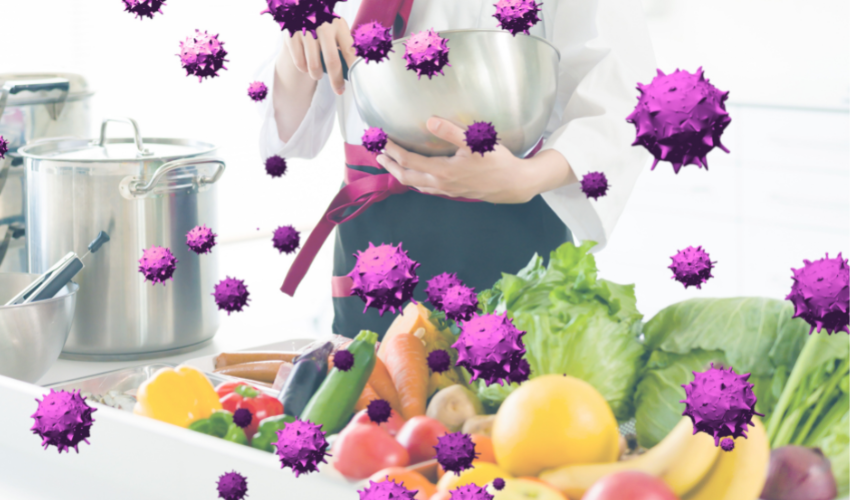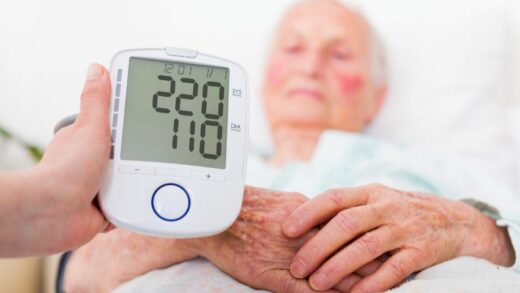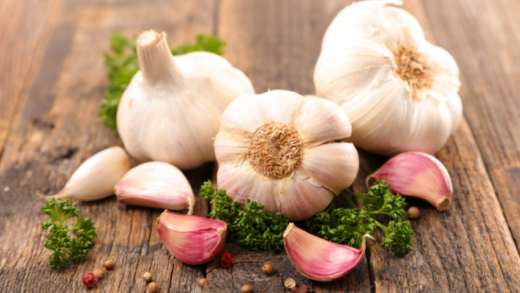Food Poisoning is a widespread health problem that affects millions of people worldwide every year. It can occur when you consume contaminated food or drinks. The symptoms can range from mild to severe, and in some cases, it can even lead to death. In this article, we will take a comprehensive look at the symptoms of Food Poisoning, what causes it, and how you can prevent it from happening.
What are the Symptoms of Food Poisoning?
Food Poisoning can cause a wide range of symptoms, including:
- Nausea and vomiting
- Diarrhea
- Stomach cramps
- Fatigue
- Headache
- Muscle aches
- Chills and fever
- Loss of appetite
The symptoms of Food Poisoning can vary depending on the cause of the contamination, and they may appear within a few hours of consuming the contaminated food or drink or take several days to develop. In severe cases, Food Poisoning can lead to dehydration, which can be life-threatening.
Understanding the Different Types of Food Poisoning

There are several types of Food Poisoning, including:
- Bacterial Food Poisoning
- Parasitic Food Poisoning
- Viral Food Poisoning
- Chemical Food Poisoning
Bacterial Food Poisoning is the most common type and is caused by bacteria such as Salmonella, E. coli, and Listeria. Parasitic Food Poisoning is caused by parasites such as tapeworms, and Viral Food Poisoning is caused by viruses such as Norovirus. Chemical Food Poisoning is caused by toxic substances such as lead, mercury, or pesticides.
The Causes of Food Poisoning Food Poisoning can be caused by several factors, including:
- Contaminated food and drinks
- Poor food handling practices
- Cross-contamination
- Improper storage and preparation of food
- Cooking food at incorrect temperatures
- Using contaminated utensils or cutting boards
It is important to be aware of the causes of Food Poisoning and to take steps to prevent it from happening.
- Always wash your hands thoroughly before preparing or eating food.
- Make sure that food is stored at the correct temperature to prevent bacteria from growing.
- Use separate cutting boards for raw meat and vegetables to prevent cross-contamination.
- Cook food to the recommended temperature to kill any harmful bacteria.
- Avoid consuming food or drinks that are past their expiration date.

FAQs:
What is the most common cause of Food Poisoning?
The most common cause of Food Poisoning is bacterial contamination, caused by bacteria such as Salmonella, E. coli, and Listeria.
How long does it take for Food Poisoning symptoms to appear?
The time it takes for Food Poisoning symptoms to appear can vary, but it typically occurs within a few hours to several days after consuming contaminated food or drink. What to do in case of food poisoning you can read in our next article.
Can Food Poisoning be prevented?
Yes, Food Poisoning can be prevented by practicing good food safety habits, such as washing your hands thoroughly before preparing or eating food, storing food at the correct temperature, and cooking food to the recommended temperature.
Is Food Poisoning more likely to occur in restaurants or at home?
Food Poisoning can occur anywhere, but it is more likely to occur in restaurants where food is prepared in large quantities and by multiple people. However, it is also important to practice good food safety habits at home to prevent contamination.
How can I tell if my food has been contaminated with bacteria?
It is often difficult to tell if food has been contaminated with bacteria as it cannot be seen, smelled, or tasted. The best way to prevent Food Poisoning is to practice good food safety habits and to avoid consuming food that has been stored or prepared improperly.
Conclusion
Food Poisoning is a serious health issue that can have severe consequences if not taken seriously. By understanding the symptoms, causes, and ways to prevent it, you can help protect yourself and your loved ones from this debilitating condition. Always practice good food safety habits, such as washing your hands, storing food at the correct temperature, and cooking food to the recommended temperature. If you suspect that you have Food Poisoning, it is important to seek medical attention immediately. With the right knowledge and precautions, we can reduce the risk of Food Poisoning and enjoy a healthy and nutritious diet.






















